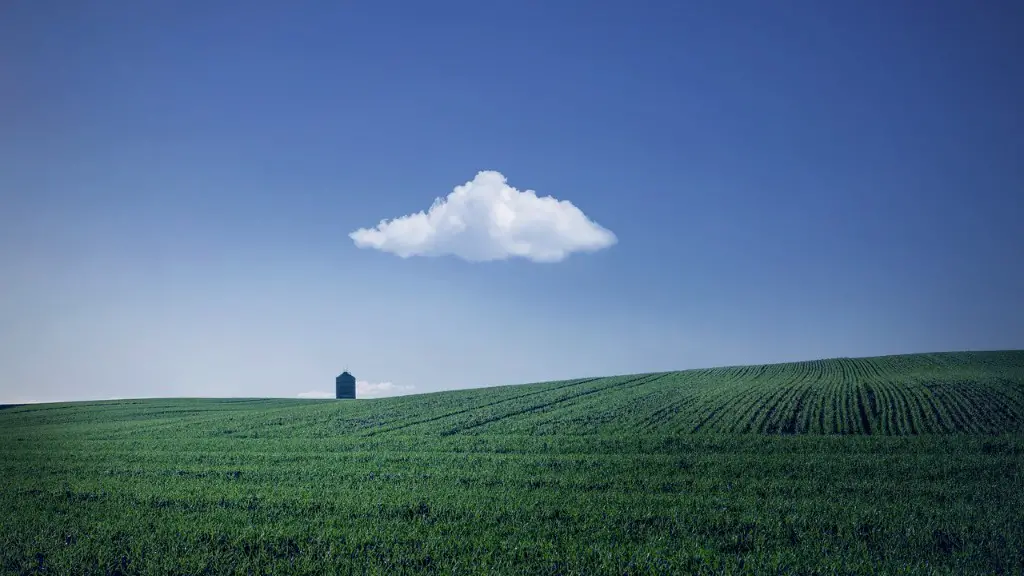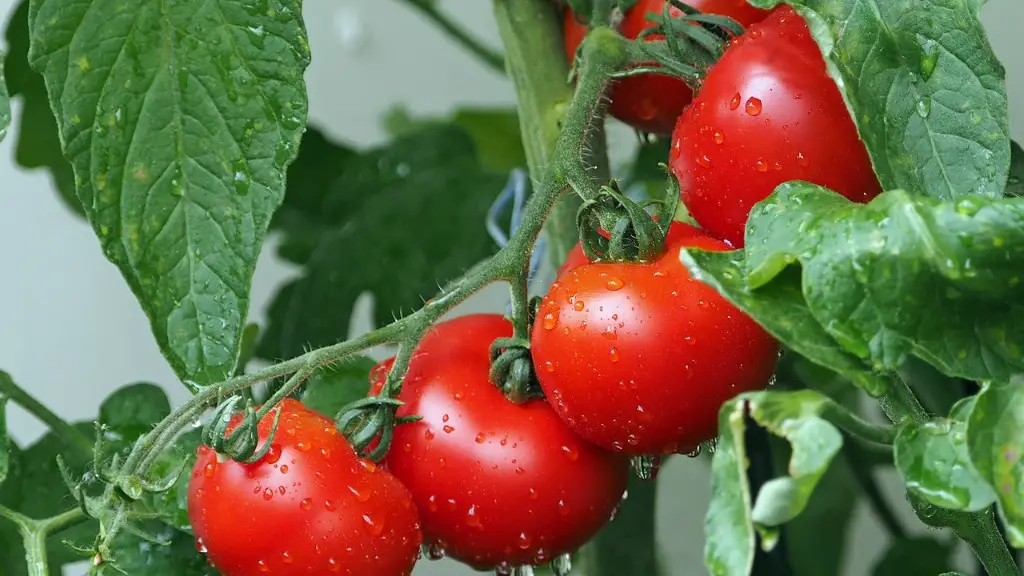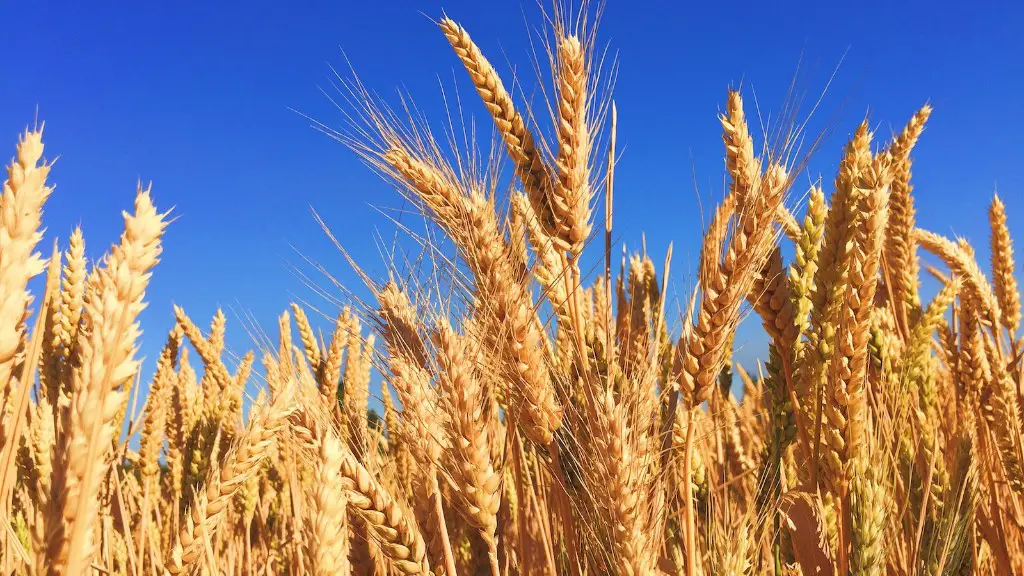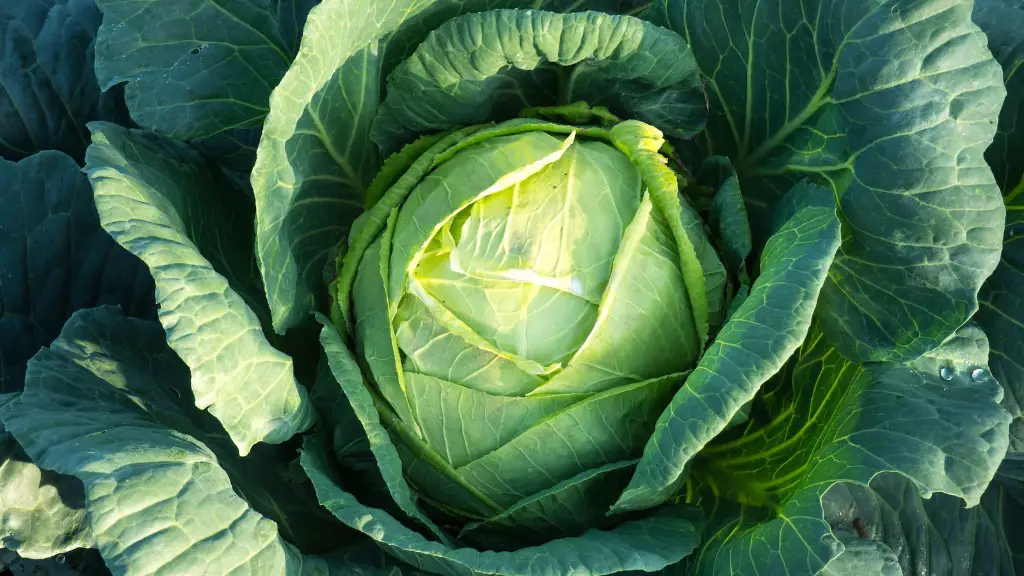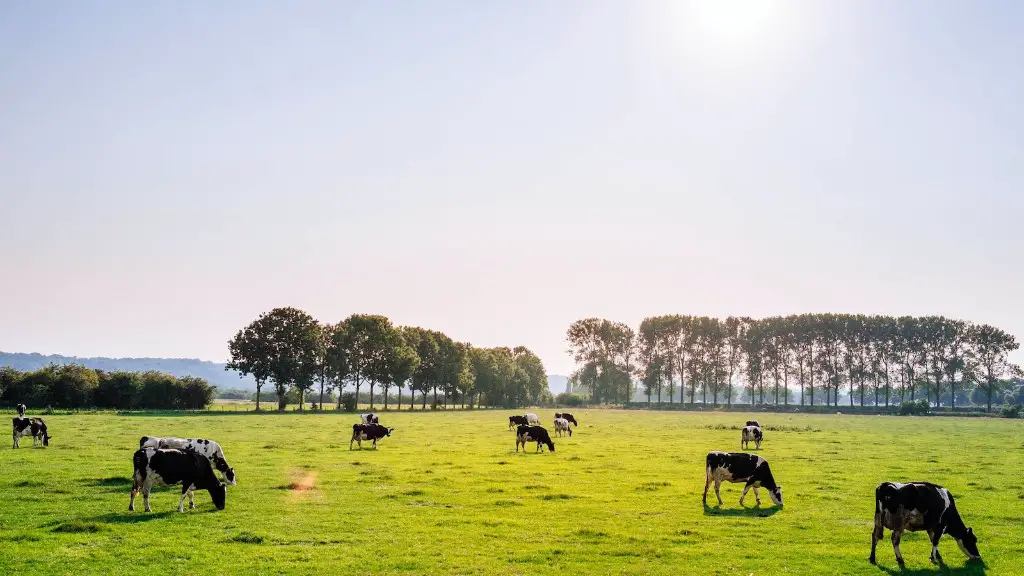Agriculture has been a key factor in the development of human civilization. The domestication of plants and animals allowed for the growth of settlements and the rise of civilizations. Agriculture allowed for the growth of cities and the development of trade and commerce. The agricultural revolution increased the food supply and improved the diet of early peoples. Agriculture also allowed for the growth of civilizations by providing the food and resources necessary to support a large population.
The adoption of agriculture allowed early peoples to settle in one place, which led to the development of civilizations. Agriculture also allowed for the growth of cities and the rise of civilizations. Agriculture allowed early peoples to domesticate plants and animals, which led to the growth of food surpluses. Surpluses allowed for the development of trade and commerce, which led to the growth of cities and civilizations.
How did agriculture affect people’s lives?
Agriculture plays a vital role in society by providing food, habitat, and jobs for people. It also provides raw materials for food and other products, and helps to build strong economies through trade. Agriculture has a significant impact on the environment, and can help to improve or degrade soil and water quality.
Farming has allowed people to stay in one place and not have to travel to find food. This has led to the development of settled communities and the growth of crops and animals on nearby land. People have also built stronger and more permanent homes and have surrounded their settlements with walls to protect themselves.
What are 3 effects of agriculture
While the development of agriculture in a region positively affects the natural life, oxygen production and climate in the region, inorganic nitrate pollution, pesticide pollution and salinity problems can be listed as the negative effects of agriculture on the environment, especially in regions where intensive agriculture is practiced. These negative effects can be minimized by using organic farming methods and by judicious use of fertilizers and pesticides.
Agriculture has been a key part of human development for centuries. It enables us to grow all the food we need in one place, with a much smaller group of people. This has led to massive population growth and the development of cities and trade. Agriculture has had a profound impact on the world, and it continues to be a vital part of human society.
How early agriculture changed the lives of early people?
The availability of food is one of the main factors that increased the life span of man. With the establishment of trade, people were able to get access to surplus goods which led to the development of new religions.
Agriculture has been an important part of human society for thousands of years. It has allowed humans to settle down in one place and build permanent dwellings. It has also provided a stable food supply. Agriculture has played a major role in the development of complex societies.
What role did agriculture play in the early American colonies?
Agriculture was the primary livelihood for 90% of the population in Colonial America, and most towns were shipping points for the export of agricultural products. Most farms were geared toward subsistence production for family use. However, there was a small minority of wealthy landowners who owned large farms that were devoted to commercial production. These landowners typically employed indentured servants or slaves to work on their farms.
Agriculture is a major driver of environmental change. It is responsible for soil fertility loss, eutrophication of water bodies, deforestation, climate change and pesticide pollution.
Soil fertility loss is caused by the removal of nutrients from the soil, which can lead to lower yields and reduced crop quality. Eutrophication of water bodies occurs when agricultural runoff containing fertilizer and other pollutants enters waterways, leading to the growth of algae and other aquatic plants. This can lead to decreased oxygen levels in the water, harming fish and other aquatic creatures. Deforestation occurs when trees are cleared to make way for farmland. This can lead to soil erosion, loss of habitat for wildlife, and increased greenhouse gas emissions. Climate change is caused by the release of greenhouse gases into the atmosphere, which can trap heat and lead to global warming. Pesticide pollution occurs when chemicals used to kill pests end up in the environment, where they can harm plants, animals and humans.
What were the 3 major results of the agricultural revolution
The Agricultural Revolution was a time period in which new agricultural practices were developed. This included things like crop rotation, selective breeding, and more productive use of arable land. These practices led to an increase in food production, which was then followed by the Industrial Revolution.
Agriculture is the leading source of pollution in many countries. Pesticides, fertilizers and other toxic farm chemicals can poison fresh water, marine ecosystems, air and soil. They also can remain in the environment for generations.
There are a number of ways to reduce the pollution caused by agriculture. One is to use more organic methods, such as using natural pesticides and fertilizers. Another is to use more efficient irrigation methods that use less water and reduce runoff. Finally, better management of agricultural waste can help to reduce pollution from farms.
How did the Agricultural Revolution affect people’s lives?
The agricultural revolution was a period of time when humans began to domesticate plants and animals for food. This led to an increased dependence on the land and a fear of scarcity. It also resulted in a decline in nutrition and an increase in infectious diseases.
The new evidence suggests that ancient farming practices led to a rise in the atmospheric emission of greenhouse gases like carbon dioxide and methane. This rise has continued even after the ancient times, which is different from any other time in Earth’s history. This could have serious implications for climate change and the greenhouse effect.
How did agriculture impact America
The agricultural sector is a significant contributor to the US economy, accounting for around 54% of GDP in 2021. The sector is comprised of farms, food and related industries, and employs a significant number of Americans. In terms of output, farms accounted for $1647 billion of GDP in 2021, or around 7%. The sector creates a significant amount of wealth and employment opportunities, and is an important part of the US economy.
The Agricultural Revolution in Britain proved to be a major turning point, allowing population to far exceed earlier peaks and sustain the country’s rise to industrial preeminence. It is estimated that total agricultural output grew 27-fold between 1700 and 1870, and output per worker at a similar rate. This increase in productivity was due to a number of advances, including the enclosure movement, the adoption of new crop varieties, and the use of new technologies such as the seed drill and the plough. These changes allowed farmers to produce more food than ever before, which helped to support the growing population. The Agricultural Revolution was a key factor in the Industrial Revolution, as it provided the raw materials and food needed to fuel the new factories and businesses.
Why was agriculture so important to the United States?
Agriculture has enabled people to produce surplus food. They can use this extra food when crops fail or trade it for other goods. Food surpluses have allowed people to work at other tasks unrelated to farming. Agriculture has kept formerly nomadic people near their fields and led to the development of permanent villages.
The agricultural revolution was a key turning point in human history. It allowed for the growth of denser populations, as well as the development of towns and cities. Agriculture allowed for the production of surplus food, which allowed people to pursue interests other than simply ensuring their own survival. This led to the development of civilizations and the growth of knowledge and culture.
Conclusion
The adoption of agriculture allowed early peoples to settle in one place, which led to the development of civilizations. Agriculture allowed for the domestication of plants and animals, which led to the development of trade and commerce. Agriculture also allowed for the development of technology, which led to the industrial revolution.
The development of agriculture allowed early peoples to settle in one place, which led to the development of civilizations. Agriculture allowed for the domestication of plants and animals, which led to the development of trade and commerce. Agriculture also allowed for the development of new technologies, which led to the development of new industries.

